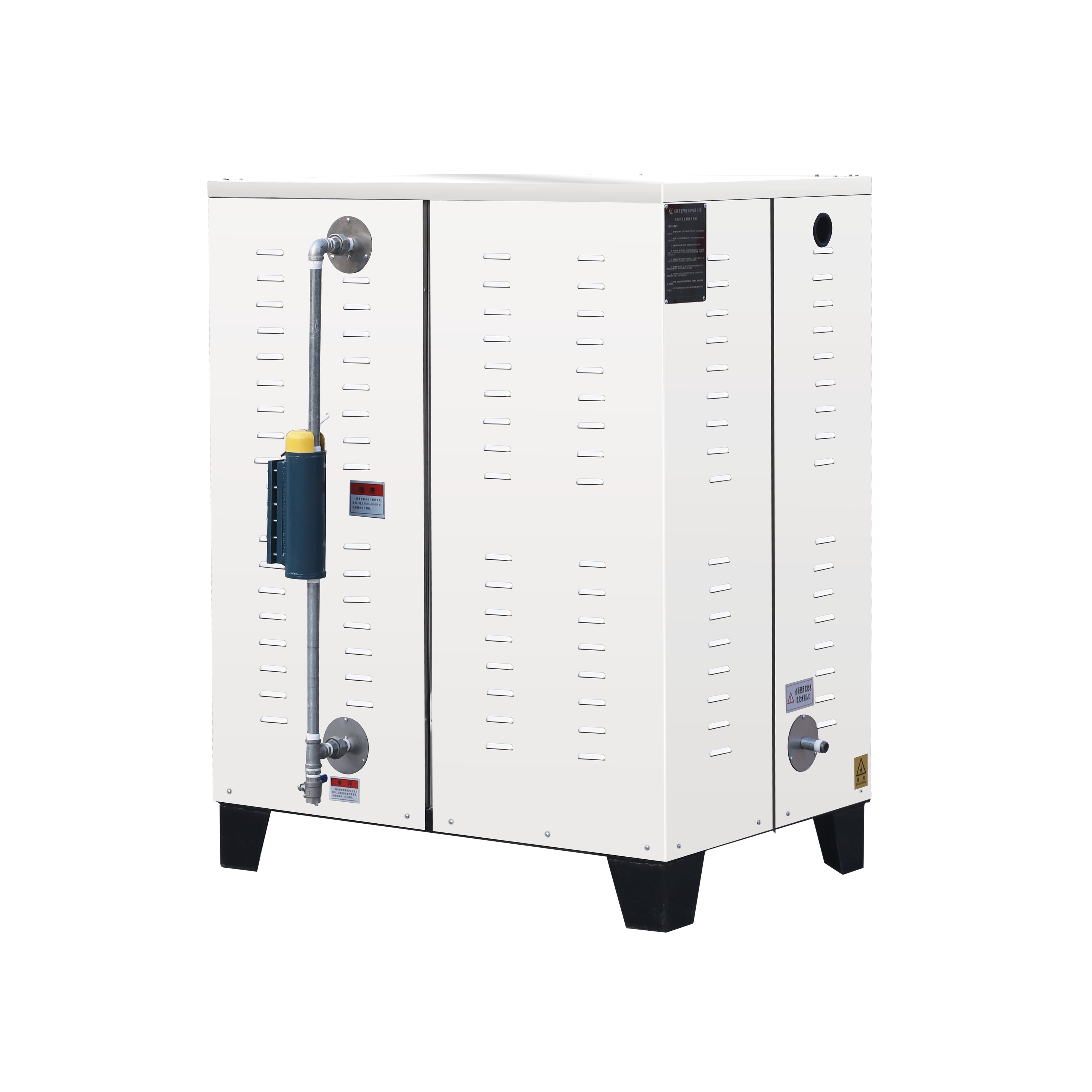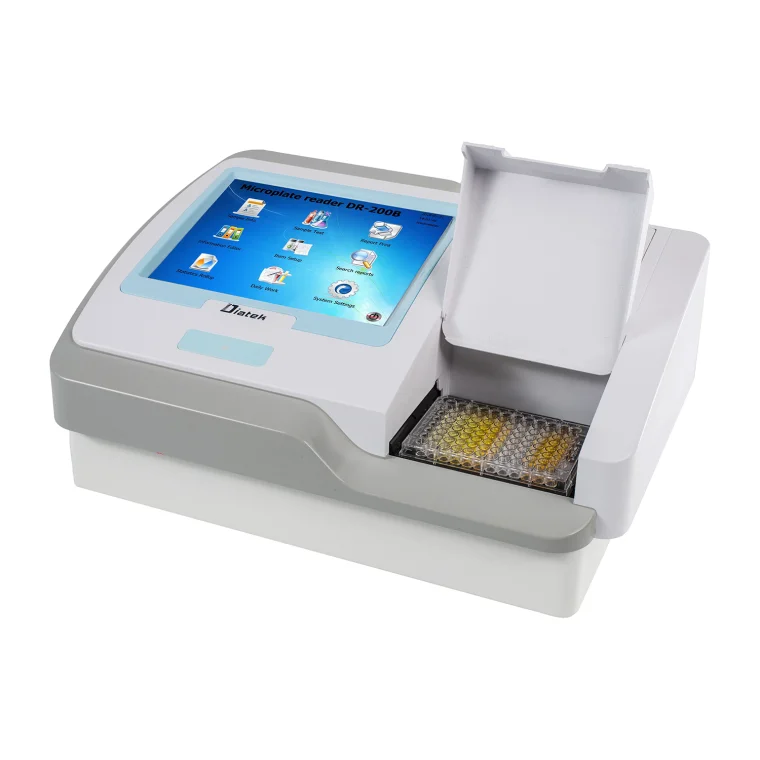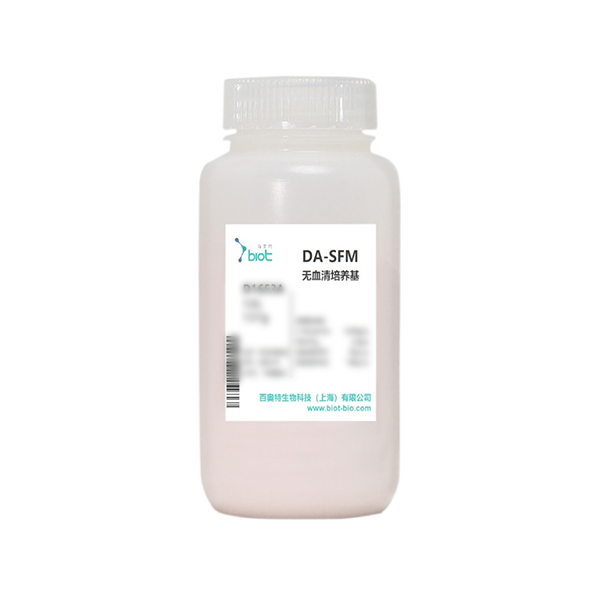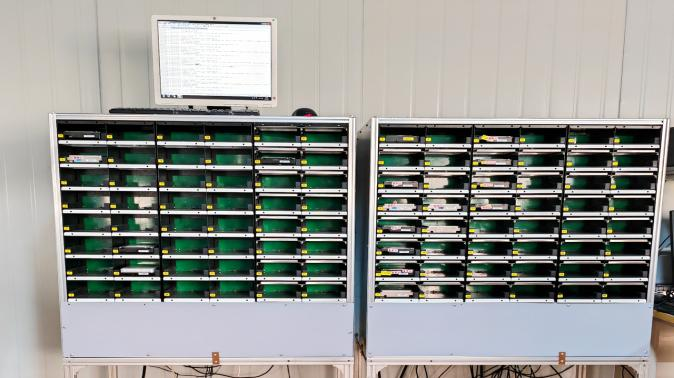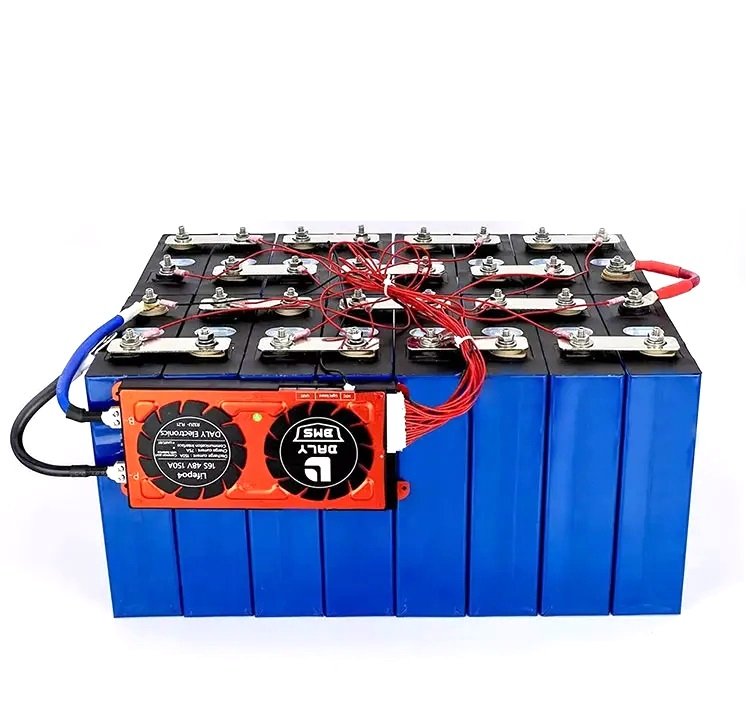Introduction
In recent years, the demand for sustainable energy solutions has grown exponentially as the world seeks to reduce its reliance on fossil fuels and combat climate change. One technology that has shown great promise in this quest is solid lithium batteries. Mikrouna’s advanced battery R&D manufacturing equipment have the potential to revolutionize the way we generate and consume electricity. In this article, we will explore the benefits and challenges of solid lithium batteries and discuss their role in achieving a sustainable energy future.

Understanding Solid Lithium Batteries
Solid lithium batteries, also known as solid-state batteries, are a new generation of energy storage devices that utilize solid electrolytes instead of liquid or gel-based electrolytes found in traditional lithium-ion batteries. This solid-state design offers numerous advantages, including improved safety, higher energy density, and longer lifespan.
Enhanced Safety and Stability
One of the primary concerns with traditional lithium-ion batteries is their potential for thermal runaway, leading to fires and explosions. Solid lithium batteries, on the other hand, eliminate this risk by replacing the flammable liquid electrolyte with a solid material. This enhanced safety feature makes solid-state batteries ideal for various applications, including electric vehicles and grid-scale energy storage.
Higher Energy Density for Extended Performance
Energy density refers to the amount of energy that can be stored in a given volume or weight of a battery. Solid lithium batteries have significantly higher energy density compared to their liquid counterparts. This means that they can store more energy in a smaller and lighter package, making them ideal for portable devices and electric vehicles. The increased energy density also translates into longer-lasting power, reducing the need for frequent recharging.
Longer Lifespan and Reduced Environmental Impact
Solid-state batteries have a longer lifespan compared to traditional lithium-ion batteries. The solid electrolyte used in these batteries is more stable and less prone to degradation over time. This extended lifespan not only reduces the frequency of battery replacements but also minimizes the environmental impact associated with battery production and disposal.
Overcoming Challenges in Commercialization
While solid lithium batteries offer numerous advantages, there are still challenges that need to be addressed before they can be widely adopted. One of the main hurdles is the high cost of production. The manufacturing processes for solid-state batteries are currently more complex and expensive compared to traditional lithium-ion batteries. However, ongoing research and development efforts are focused on finding cost-effective solutions to scale up production.
Improving Performance and Efficiency
To fully harness the potential of solid lithium batteries, researchers are continuously working on improving their performance and efficiency. Enhancements in electrode materials, electrolyte composition, and cell design are being explored to increase energy density, reduce charging times, and improve overall battery performance. These advancements will further solidify the position of solid-state batteries as a sustainable energy solution.
Applications in Electric Vehicles and Renewable Energy Storage
Solid lithium batteries have immense potential in the transportation sector, particularly in electric vehicles (EVs). The higher energy density and improved safety of solid-state batteries make them an attractive option for EV manufacturers. Additionally, solid-state batteries can play a crucial role in storing renewable energy generated from sources like solar and wind power, ensuring a stable and reliable supply of electricity.
Collaborative Efforts and Future Outlook
The development and commercialization of solid lithium batteries require collaborative efforts from researchers, manufacturers, and policymakers. Governments and organizations around the world are investing in research and development programs to accelerate the adoption of this technology. With ongoing advancements and cost reductions, solid-state batteries are poised to become a mainstream energy storage solution, driving the transition towards a sustainable and greener future.
Conclusion
Solid lithium batteries hold tremendous potential for sustainable energy solutions. Their enhanced safety, higher energy density, longer lifespan, and reduced environmental impact make them a promising alternative to traditional lithium-ion batteries. While challenges remain, ongoing research and development efforts are paving the way for the widespread adoption of solid-state batteries in various applications, including electric vehicles and renewable energy storage. By harnessing the power of solid lithium batteries, we can accelerate the transition towards a more sustainable and cleaner energy future.
www.li-ion7.com
Mikrouna
